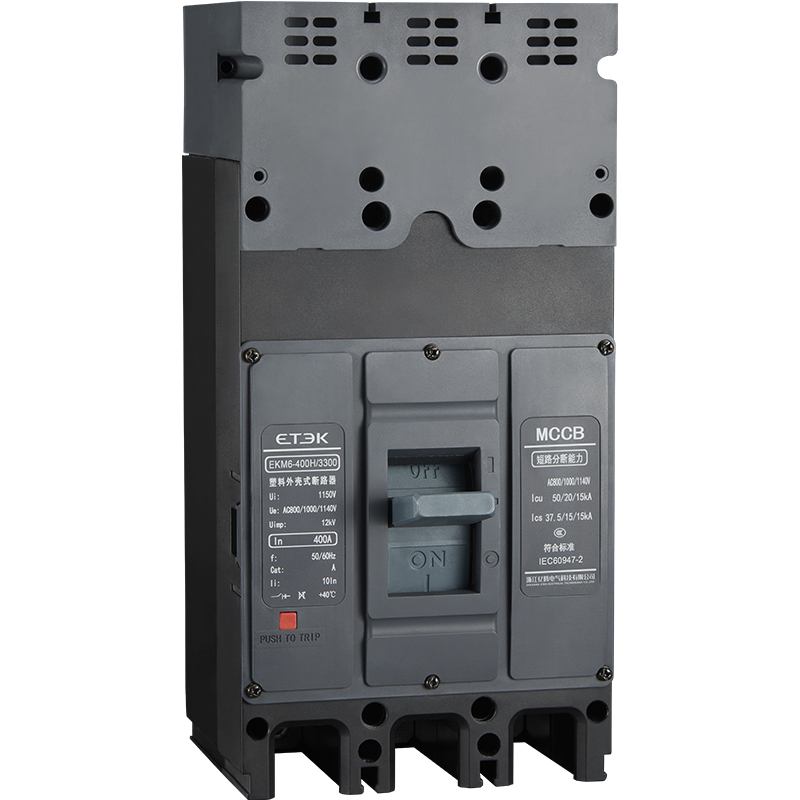In the realm of electrical systems, circuit breakers are essential components that safeguard equipment and prevent electrical mishaps. Although circuit breakers and molded case circuit breakers (MCCBs) share the common goal of providing protection, they have significant differences in terms of design, functionality, and areas of application.

Circuit breakers are automatic switches designed to detect and interrupt excessive current flow. Their primary role is to prevent circuit overloads and short circuits.
Miniature Circuit Breakers (MCBs)
MCBs are compact and lightweight devices, commonly used in low - voltage residential and small - scale commercial electrical systems. They offer fundamental protection against overloads and short circuits. Their straightforward design and relatively low cost make them a popular choice for general electrical setups.
Molded Case Circuit Breakers (MCCBs)
MCCBs are more advanced compared to MCBs. They are enclosed in a molded insulating housing, which provides better safety and protection. MCCBs can handle higher currents, typically ranging from 16A to 2500A.These features make them suitable for more complex electrical systems in industrial and commercial settings.
|
Feature |
Circuit Breaker (MCB) |
Molded Case Circuit Breaker (MCCB) |
|
Current Capacity |
Usually less than 100A |
Can handle up to 2500A |
|
Short - Circuit Rating |
Limited to 10kA |
Can reach up to 200kA |
|
Tripping Mechanism |
Thermal - magnetic (single - stage) |
Thermal - magnetic with adjustable settings |
|
Applications |
Residential and small commercial |
Industrial and large - scale commercial |
|
Arc Extinction |
Simple air - based |
Enhanced arc - quenching technology |
In photovoltaic systems, where direct current (DC) is generated and converted to alternating current (AC), specialized protection devices are required. DC MCCBs are designed to meet the unique challenges of PV installations.
Reverse Current Resistance: PV systems can generate reverse currents under certain conditions, such as during maintenance or when the grid is down. DC MCCBs are designed to handle these reverse currents without malfunctioning.
High Voltage Tolerance: PV systems often operate at high voltages, up to 1500V DC. DC MCCBs are built to withstand these high voltages and provide reliable protection.
Corrosion Resistance: PV installations are often exposed to harsh environmental conditions, such as humidity, salt, and dust. DC MCCBs are made from materials that are resistant to corrosion, ensuring long - term reliability.
Fast Tripping: In the event of a fault, DC MCCBs can trip quickly to protect the system and prevent damage.
The key difference is their current - handling capacity: MCCBs handle larger loads with higher interrupting ratings. Standard breakers suit homes and small businesses, while MCCBs are built for industrial and large - scale commercial use.While MCBs are suitable for basic protection in low - voltage environments, MCCBs offer more advanced features and higher performance. DC MCCBs, with their specialized design for PV systems, are essential for ensuring the safe and efficient operation of these systems.
GET A QUOTE